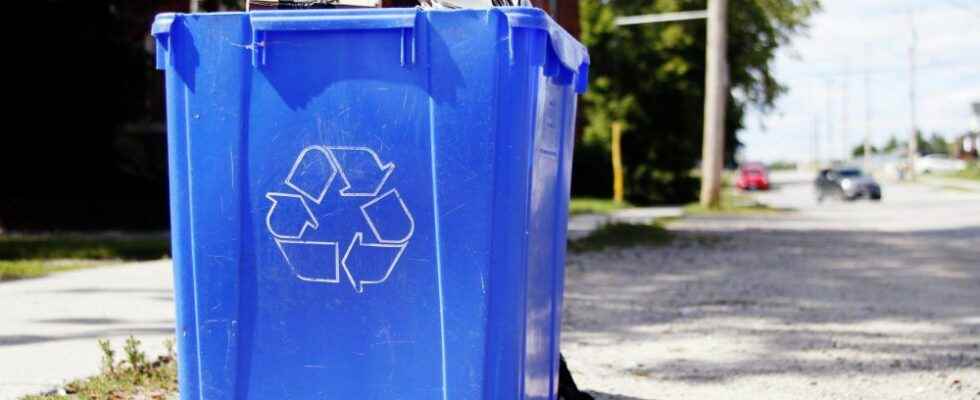Sarnia can expect to save $500,000 to $1 million per year – the typical net cost of the local recycling program – when responsibility shifts to producers in July 2023, the city’s operations manager says.
A proposal to squirrel that money away in a reserve account to help cover the cost of setting up a provincially mandated organics collection and processing program, scheduled to start in 2025, is a good idea, Bryan Prouse added.
“We need to use our money wisely,” he said while estimating organics collection costs would be similar to expenses for garbage collection.
The city also needs to find somewhere to put that waste. Last year, seven companies replied to a call for expressions of interest from the city about a food waste digester.
“A digester in round numbers is $20 million. We don’t have those kinds of dollars floating around,” Prouse said. “That’s why we’re looking for a service provider to come to town to provide or to construct something like that.”
In a contract, Sarnia would have to commit to providing a percentage of its current organics waste as feedstock, he added.
Since building such a facility might take two years, “I would say a decision needs to be made next year,” Prouse said.
count. Brian White recently called for the city to create a reserve account that would earmark recycling savings to help fund organics costs, picking up on a recommendation in a report from Prouse to council.
Council, at the suggestion of Council. Terry Burrell, unanimously voted for a staff report before making a final decision to ensure there aren’t other aspects of the issue to consider.
Council also unanimously decided, as per a staff recommendation, that the city will not be involved in administering recycling contracts come next year when local responsibility shifts.
The switch to the producers of recyclables – termed producer-responsible organizations – picking up the tab for recycling is happening between 2023 and 2025 across Ontario.
Sarnia, unlike some other municipalities, does not own any recycling trucks or processing facilities, and has one staff job associated with recycling and garbage that would continue with a shifted focus to the upcoming organics transition, Prouse said.
There’s little incentive, then, to be involved in operating a recycling contract for producers since there are no city assets in the balance, he said.
Sarnia does still have to subsidize collection for industrial, commercial and institutional addresses, which aren’t covered under the provincial program.
How much is the subject of discussions with recyclables collector Emterra, starting this week, Prouse said.
Emterra is expected to continue collection in the city until 2025, and the aim is for a “seamless” transition for residents in terms of what’s collected, he said.
More details have yet to emerge, but there will be new contact information for people who have questions or concerns, he promised.
“There’s a lot of education yet to come,” Prouse said.
A provincially set list of recyclables also takes effect in 2025, and city officials said last fall they don’t expect major changes to what’s collected locally.
How the 2025 switch to organic waste collection impacts garbage collection expenses is also an unanswered question, Prouse said.
Negotiations are underway with Marcotte Disposal to extend its $7.9-million, four-year contract when it ends next June.
Like Emterra’s $7.7-million contract, there are options built in to extend into 2024 and 2025.
Contracts are typically seven years, but the variability was built in because of the looming provincial changes, Prouse said.
“It worked out to our advantage, at this point in time at least,” he said.
